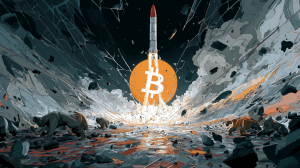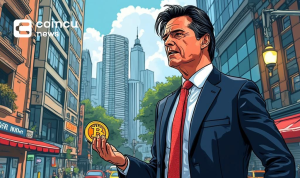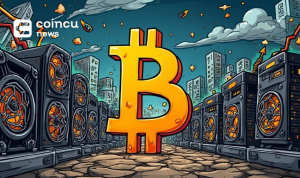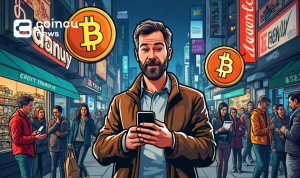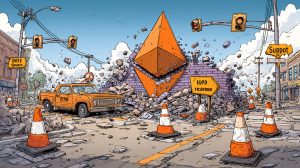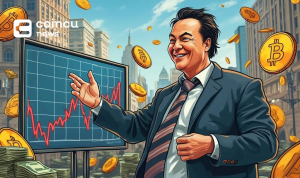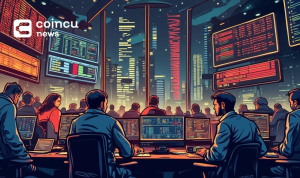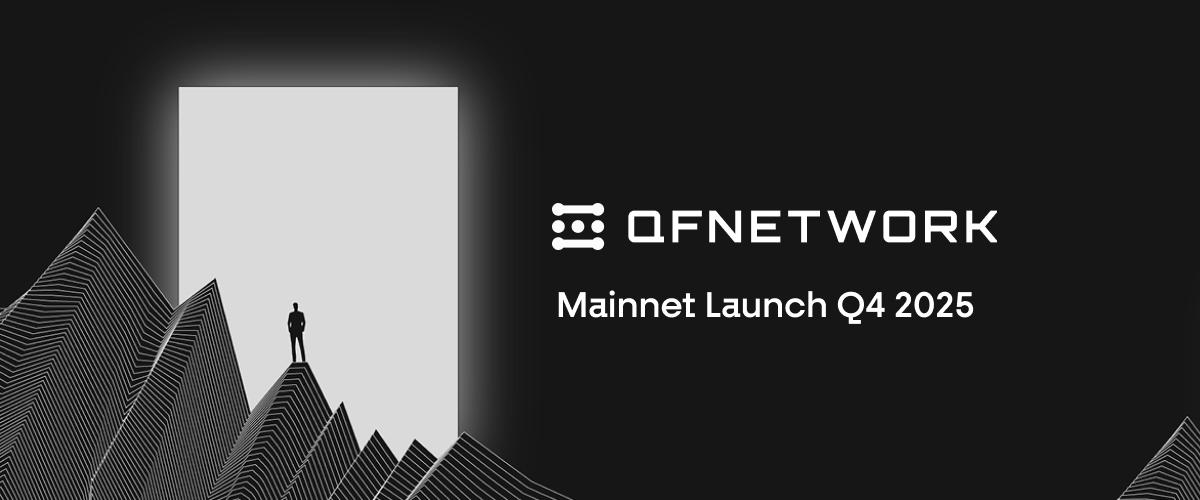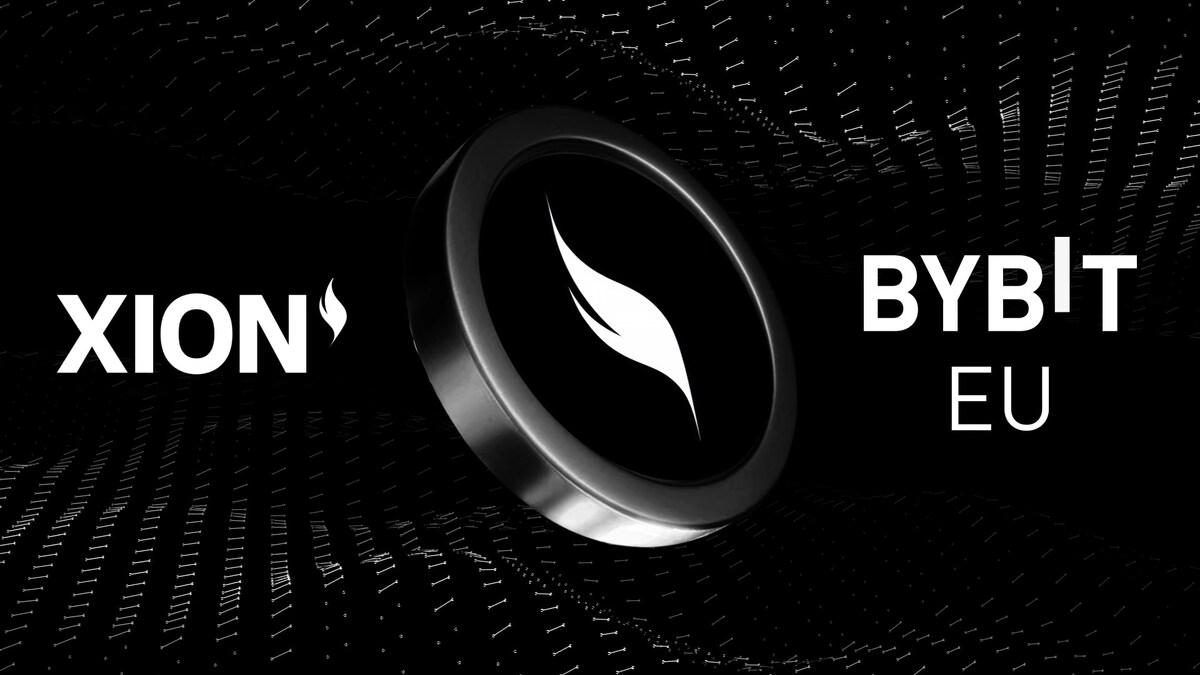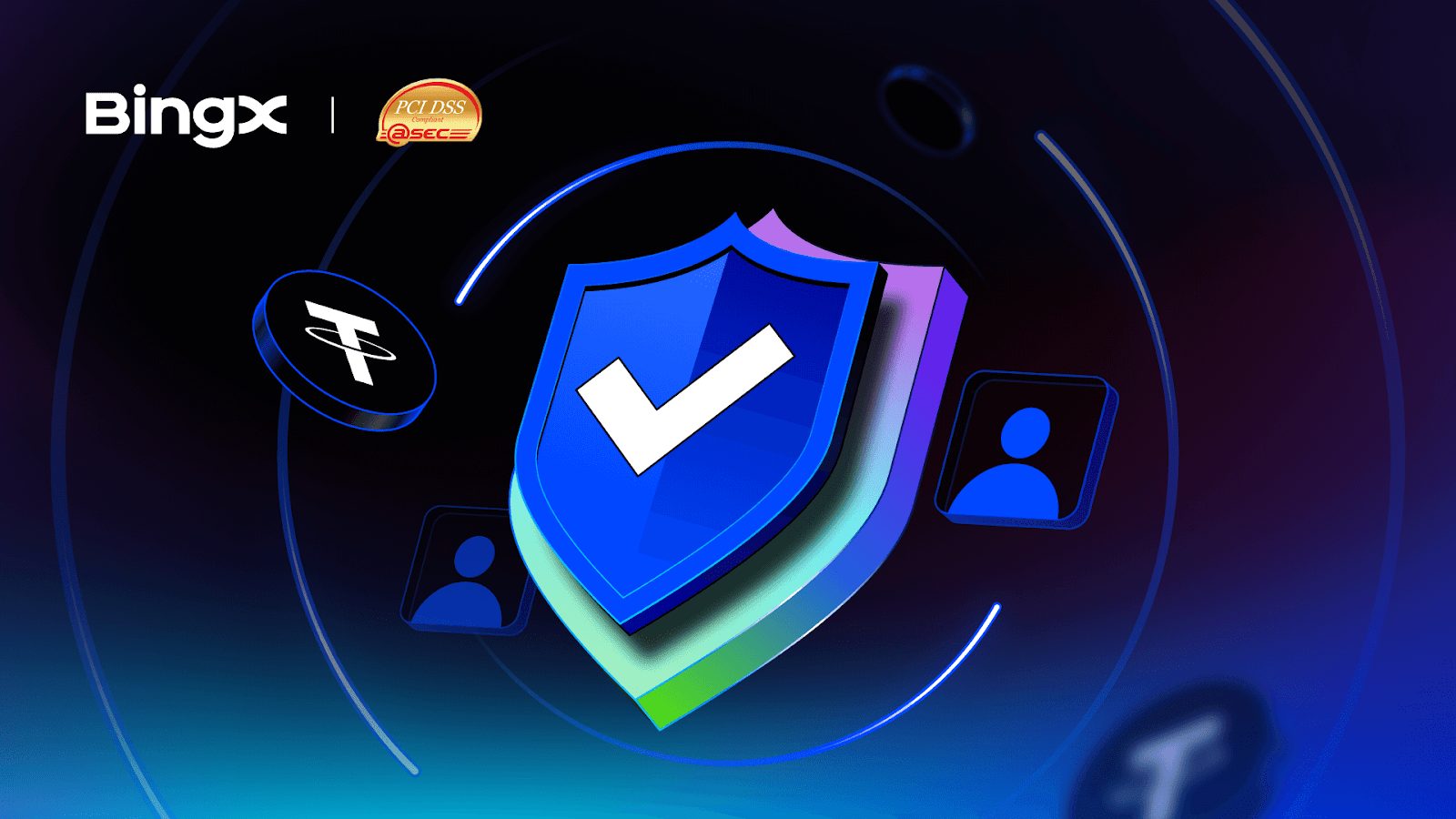Key Points:
- BRC-20 is considered by Bitcoin developers to threaten the smoothness and normal use of the network.
- They are conducting discussions to limit network congestion.
- There are 2 proposed options including: change the consensus or change the policy.
Although the BRC-20 market has seen significant growth in the past 2 months, the standard of this token is still very simple and new compared to ERC-20. Besides, it has created a heated debate among Bitcoin developers.
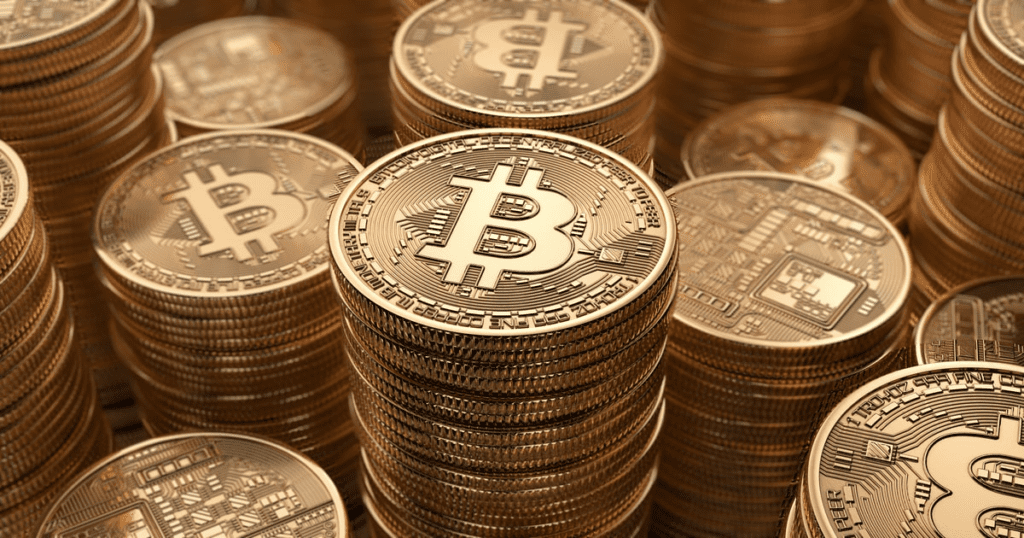
Developer Erik Aronesty initiated a discussion on the Bitcoin development mailing list titled “Should we as developers reject non-standard Taproot transactions from full nodes?”
Aronesty said:
“Due to side projects such as BRC-20 having such a high volume, real bitcoin transactions are being priced out and that is what is causing the massive congestion that has arguable not been seen since December 2017. Such justifiably worthless tokens threaten the smooth and normal use of the Bitcoin network as a peer-to-pear digital currency, as it was intended to be used as.
If the volume does not die down over the next few weeks, should we take an action? The bitcoin network is a triumvirate of developers, miners, and users. Consider that miners are substantial the entities at fault for allowing the system to be abused like this, the harmony of Bitcoin transactions is being disrupted right now. Although this community has a strong history of not putting its fingers into pies unless absolutely necessary – an example being during the block size wars and Segwit – should similar action be taken now, in the form of i) BIPs and/or ii) commits into the Bitcoin Core codebase, to curtail the loophole in BIP 342 which has allowed these unintended consequences?”
In this regard, Bitcoin core developer Michael Folkson said that the scheme he proposed does not work and should not prevent new use cases. Regarding the possible of the scheme proposed by Aronesty, Folkson said:
“Miners are as far as I understand including high fee rate, consensus compatible transactions in mined blocks as the system has been set up for them to do. There are theoretically two options: a consensus change or a policy change. A consensus change disallowing a certain kind of transaction that is acceptable under current consensus rules would need a soft fork and therefore would be extremely difficult to pull off the assumption that it was a considered a good idea by the general community Embedding arbitrary data in transactions would still be possible after this hypothetical soft fork and so its effectiveness would be limited. A default policy change (or custom policy option) would attempt to prevent a certain kind of transaction from propagating across the network without needing a consensus change. these kinds of consensus compatible transactions directly to miners bypassing the P2P network.”
Furthermore, Folkson stated that while he also doesn’t like skyrocketing fees, using blunt tools like policy rules and especially consensus rules to solve this problem is ineffective and even harmful, although some people don’t like the new use cases of projects such as BRC-20, but there is no way to stop people who like this use case, the consensus rules have been formatted, and the rest can only be left to the market.
“An alternative would be to enforce this “censorship” at the node level and introduce a run-time option to instantly prune all non-standard Taproot transactions. This will be easier to implement, but won’t hit the road until minimum next release ,” said another developer, Erik Aronesty.
Tokens on Bitcoin aren’t a novel concept; in fact, one of the first major experiments in cryptocurrency, colored coins, was an effort to accomplish something quite similar. However, BRC-20s, like Ordinal non-fungible tokens (NFTs), were made possible by new capabilities included in Bitcoin’s latest Taproot release.
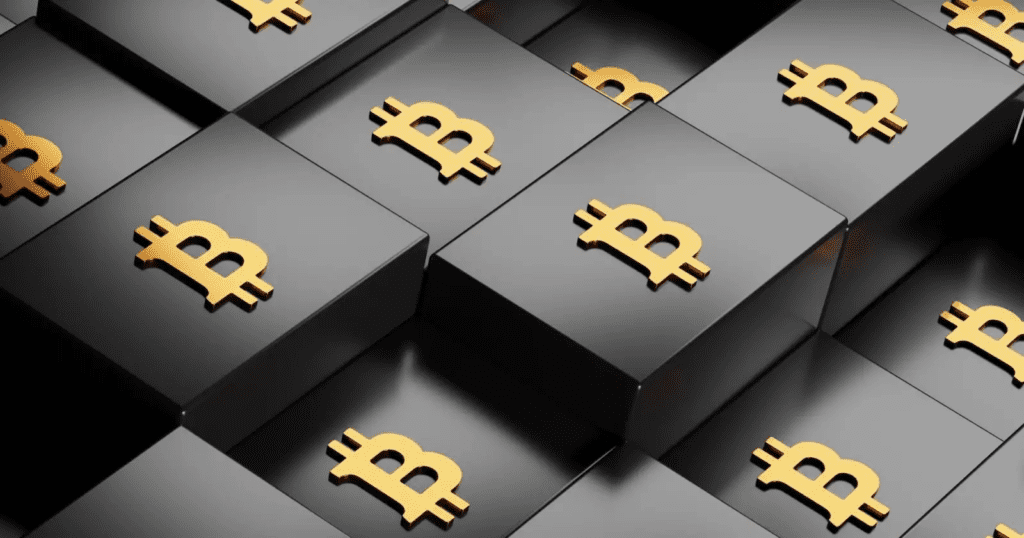
Even then, standardization might be a long way off: the BRC-20 design isn’t certainly completed, much alone completely tested or implemented.
For the time being decentralized, this implies that BRC-20s cannot be used as the foundation of autonomous organizations (DAOs) or other more complicated systems that would provide them with use and value.
DISCLAIMER: The information on this website is provided as general market commentary and does not constitute investment advice. We encourage you to do your research before investing.
Join us to keep track of news: https://linktr.ee/coincu
Harold
Coincu News









